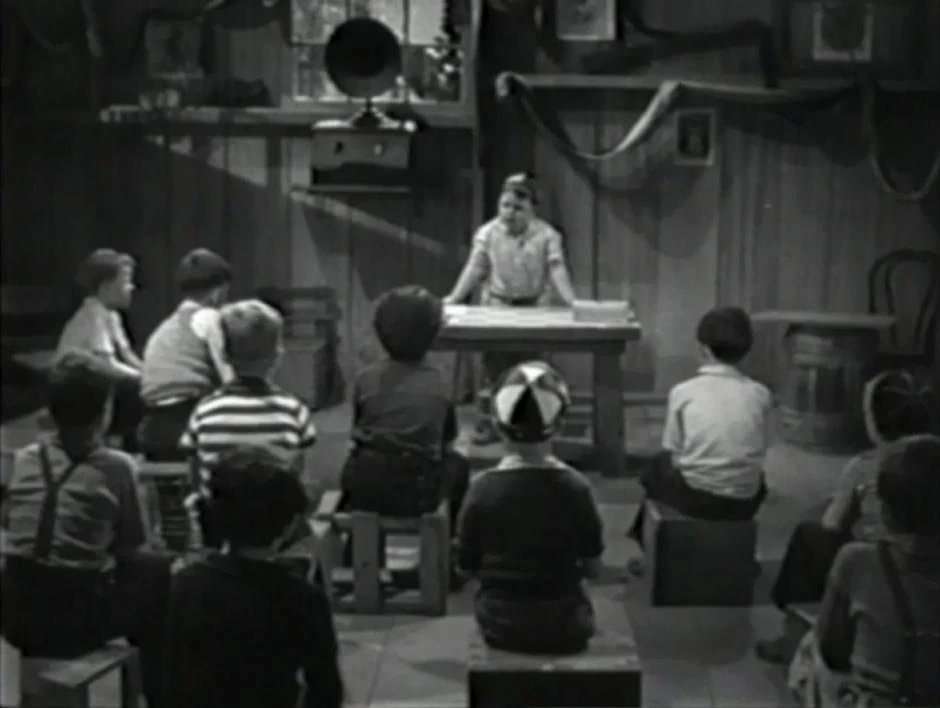Part Two: The Pint-Sized Political Protégé
(or: Don’t Raise Your Kid on Pundits)
a. Students of politics don’t become thinkers.
Students of history do, and
students of poetry. Politics (today) tells a person exactly how and what to
think. It often obfuscates purposes. It hides in hedges, stalks, pounces, and
stands to gloat over its human prey. History, however, feels no hurry. It has
time to indulge in precise definitions and thoughtful comparisons, to weigh
factors and to sleep on ideas. It puffs a pipe on a hillside and blows smoke
rings into the air. Poetry, its rightful partner, fills in the contours of the
landscape behind the facts, tempers the chill of reason with pathos. It watches
the smoke rings and tells us their shapes.
Teach them to think, and they will
think well, and independently, about politics.
b. Children are developing.
Political diets offer them a sense
of ownership of ideas and opinions that their own slender experience could
never have concocted. And ownership of the ideas and supporting arguments
(without the attendant experience) breeds the kind of confidence that is an
impediment to learning. Too firm too early is a death knell to further
development and nuance. Wisdom, like maturity, is always marked by growing
knowledge of our own deficiencies and fallibility. A diet of political talk
inculcates the opposite: entrenchment of absolute positions. If you or your
children leave a political program or discourse feeling smug, your programming
probably cannot instill true wisdom.
 I am not suggesting we abdicate our
responsibility to influence our children’s development. My children know,
obliquely, what I think about many things. When we discuss any issues, I give
(obliquely!) a bit of my view, and a bit of the reasoning, and then I also tell
them what other people think. And if they react strongly against the opposing
view, I temper their reactionary instinct with some of my opponent’s reasoning.
I reiterate why I disagree with those views. But I must leave them with a
thoughtful, human perspective on those holding such views, because…
I am not suggesting we abdicate our
responsibility to influence our children’s development. My children know,
obliquely, what I think about many things. When we discuss any issues, I give
(obliquely!) a bit of my view, and a bit of the reasoning, and then I also tell
them what other people think. And if they react strongly against the opposing
view, I temper their reactionary instinct with some of my opponent’s reasoning.
I reiterate why I disagree with those views. But I must leave them with a
thoughtful, human perspective on those holding such views, because…
c. Education is not indoctrination…
…it is the development of taste and
judgment. Regurgitation is not discernment. And our taste, and our children’s,
must be purposefully oriented towards beauty and goodness.
Stop fearing.
Thoughtful study of history and the
Bible and the most beautiful examples that nature and culture have set for us
will ultimately shape children into good decision makers. Remember, Biblical
exhortations to train up our children are not about passing down set courses of
political ideas. They are about reviewing the history of God’s faithfulness.
This is a preventative to the fear-based mania of politics. We know our history
and therefore we can trust to our future. But we don’t control that future, so
we don’t have to stuff them full to bursting of partisan arguments. We can
cultivate their minds, feed them beauty and goodness, and they will discern
between the ugliness of partisanship and the beauty of true Christian work in
the world, works of creativity, works of charity, works of sacrifice. Teach
them well.

No comments:
Post a Comment